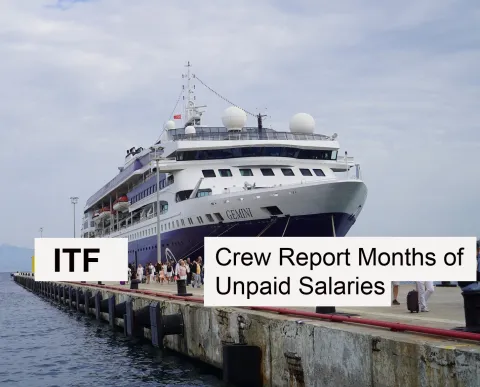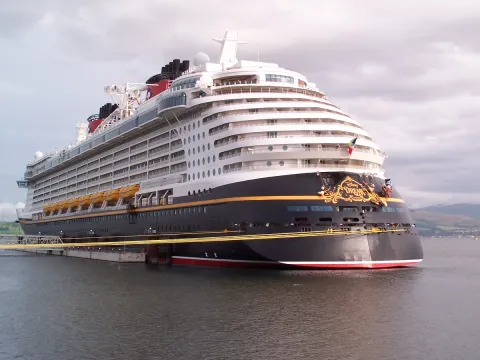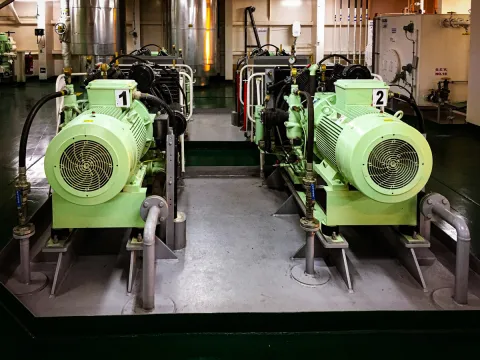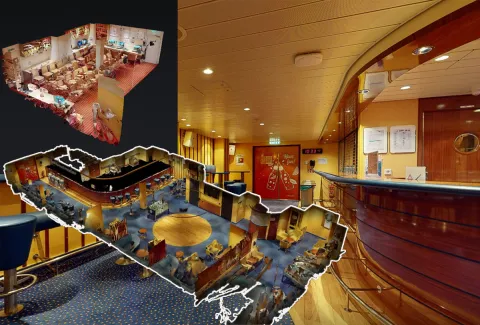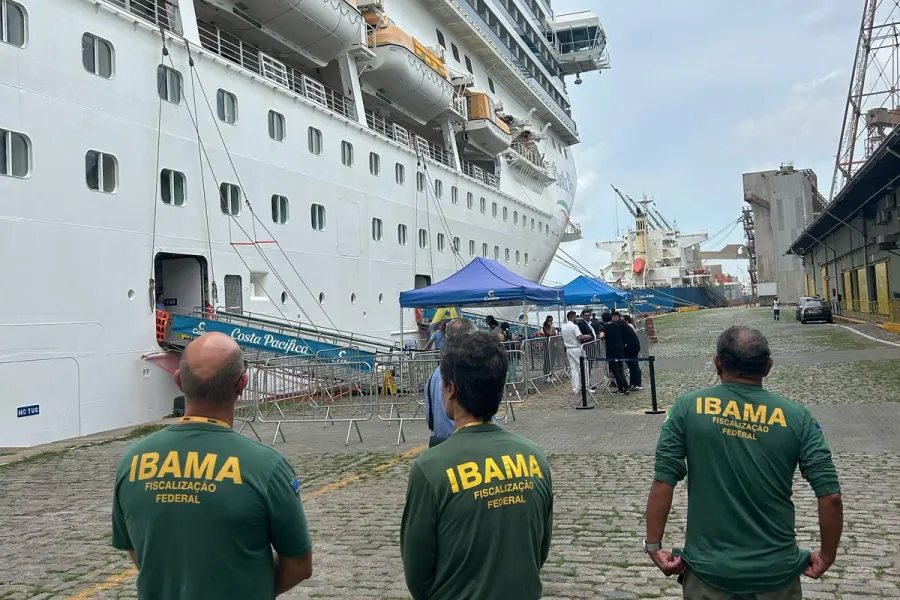
As Brazil’s 2024/2025 cruise season draws to a close, the country's top environmental agency is intensifying inspections on cruise ships departing for Europe, targeting a growing concern: the illegal smuggling of Brazil’s rich biodiversity.
The Brazilian Institute of the Environment and Renewable Natural Resources (Ibama) has launched “Operation Travessia” to oversee ships leaving from Santos, one of the busiest ports in South America, as part of transatlantic repositioning voyages. The agency’s goal is to safeguard environmental security and crack down on the international trafficking of native wildlife.
The operation, which focused on cruise ship departures during the months of March and April, focused on vessels setting sail from the Concais Terminal in Santos to destinations across Europe. Seven ships were inspected, including MSC Orchestra, Costa Pacifica, MSC Armonia, MSC Splendida, MSC Grandiosa, MSC Seaview, and most recently, the Costa Diadema, which concluded the season on April 20.
IBAMA officials say the operation is a direct response to mounting evidence that native Brazilian species are being smuggled out of the country, often hidden in luggage and personal belongings. Items such as seeds, feathers, corals, shells, and even live animals have been discovered in past inspections—frequently labeled as souvenirs but potentially threatening fragile ecosystems abroad.
Protecting Biodiversity Through Awareness and Action
“Brazilian biodiversity is among the richest in the world, and unfortunately, that makes it a prime target for international trafficking,” said an Ibama spokesperson. “Even what may appear to be an innocent keepsake can pose serious ecological risks.”
Ibama emphasized that its work aboard cruise ships is not solely punitive. The agency also uses the opportunity to educate passengers and crew about the dangers of transporting protected species, particularly those unaware of the environmental consequences.
“It is important to be aware of the environmental risks of transporting protected species – even when done by unsuspecting passengers,” the agency stated.
Ibama has not disclosed whether any seizures or fines were issued during this season's inspections, but the agency confirmed that monitoring efforts would continue as part of its long-term environmental enforcement strategy.








